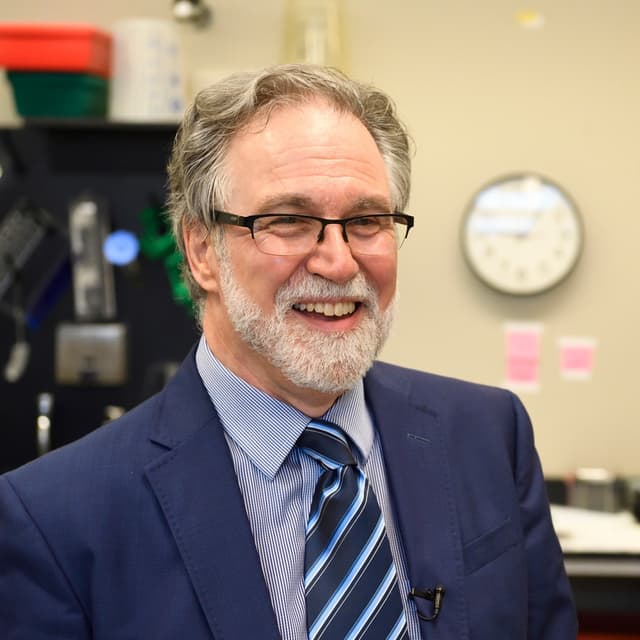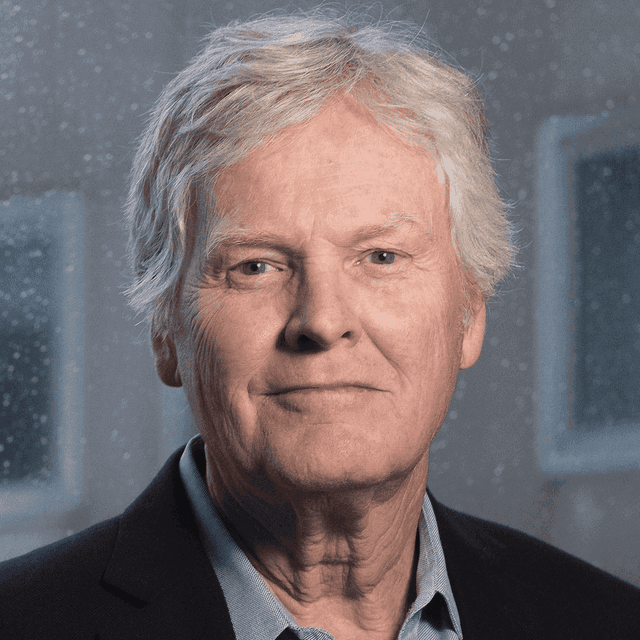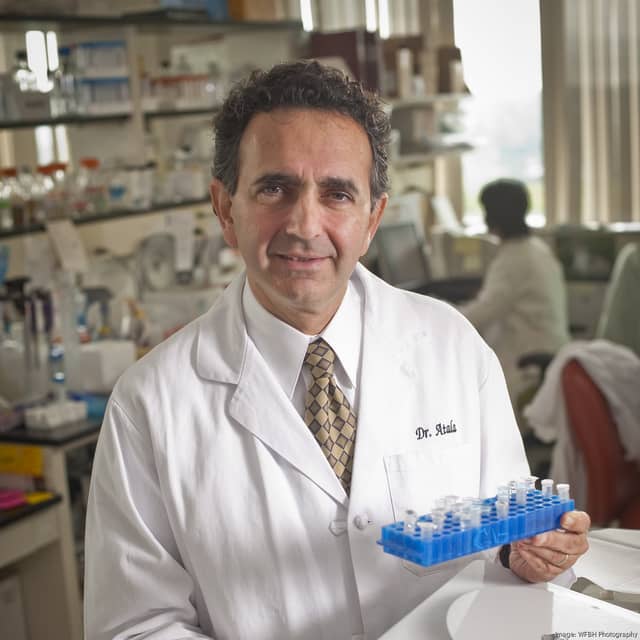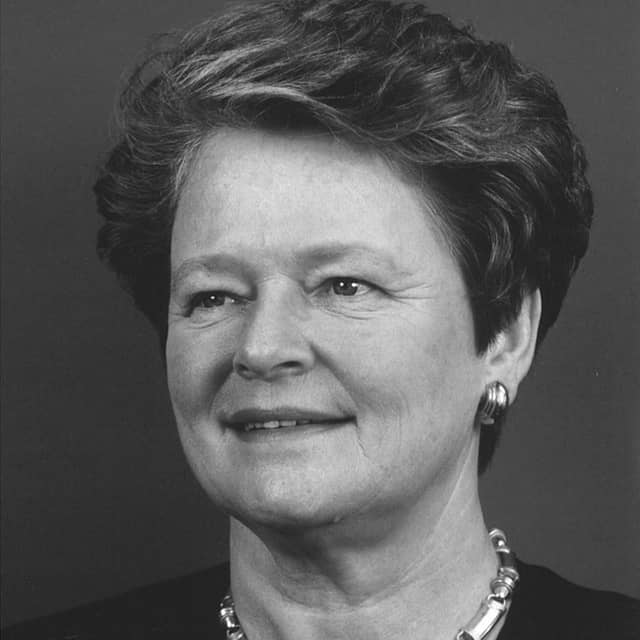Dr. Gregg L. Semenza is a Nobel Prize in Physiology or Medicine Laureate (2019) and one of the world’s leading experts on oxygen regulation and cellular adaptation. His groundbreaking discoveries have fundamentally advanced the understanding of how cells sense and adapt to changes in oxygen levels. He is a Professor of Pediatrics, Radiation Oncology, Medicine, and Biological Chemistry at the Johns Hopkins University School of Medicine.
Semenza’s most significant contribution is the discovery of the HIF-1 protein (Hypoxia-Inducible Factor 1), which regulates genes in response to fluctuations in oxygen supply. This study has far-reaching implications for diagnosing and addressing disorders related to poor oxygen health, including tumor development, anemia, and coronary artery disease. His work seamlessly bridges the fields of pediatrics and biomedical science, where he also serves as the vascular program director at the Institute for Cell Engineering.
Dr. Semenza is a highly credentialed scholar, having graduated with honors from Harvard University, and earning a medical and science doctorate from the University of Pennsylvania. He completed a pediatric residency at Duke University Medical Center and pursued postdoctoral research in medical genetics at the Johns Hopkins School of Medicine, joining the faculty permanently in 1990. He is an active member of the security community, serving on the editorial board of numerous journals, such as Cellular, Molecular and Cancer Research. A recipient of numerous accolades throughout his career, he shared the 2019 Nobel Prize with Sir Peter John Ratcliffe and William Kaelin Jr. His honors include being appointed to the Institute of Medicine in 2012 and receiving the AHA Distinguished Scientist Award in 2020. As a speaker, Dr. Semenza shares his profound scientific insights to educate and inspire audiences on the molecular basis of health and disease, and the future of biomedical science.


























